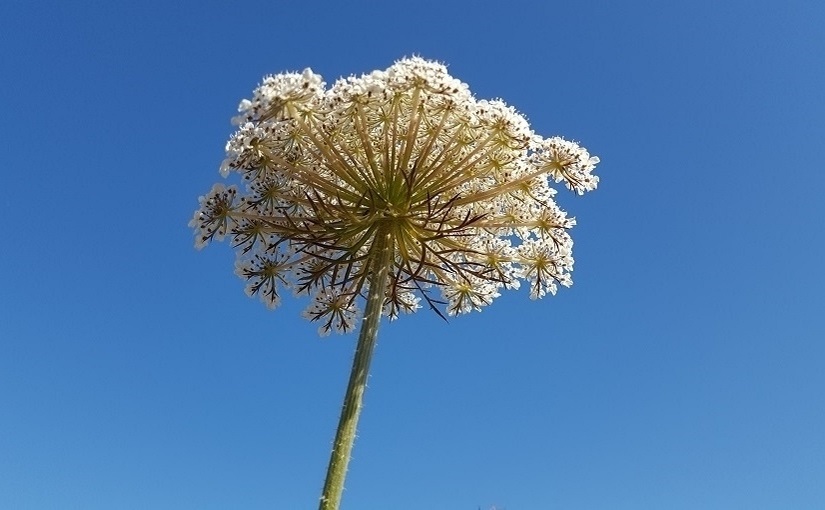The question of identity is surely a fascinating one. Are we the product of our past, of the things we’ve done, opportunities we’ve had, people we’ve encountered? Are we as we appear on the outside, the image we’ve created over our natural genetic inheritance? Or the sum of our interests, abilities, and all those expressions of the personality that resides within?
It’s probably something we all think about, or have thought about, a great deal at some stage: this sense of who we are, how we compare, where we fit into society, and how much ‘worth’ we have for others (Notes One). This idea of crafting an identity – creating a personal brand, if you will – seems quite a powerful modern preoccupation; a strange concoction seemingly born out of technology, marketing and business.
The idea of our worth wasn’t something I’d planned to touch on here but, as it’s come up, hopefully it’s clear from my writing by now that I believe we are all, without a doubt, extremely valuable (Note Two). Much of what I’m often trying to do here is unravel all the ways that’s challenged, undermined, or covered up by other things within modern society.
Leaving that aside though, there is this sense in which we have a constructed identity: a self we’ve being building around us our whole lives out of our skills, interests, inclinations, and our place within the various systems and communities encompassing the globe. A self we’ve then built our life and relationships around; hopefully creating a degree of security socially, emotionally, psychologically, financially, and professionally.
But then, of course, we pass through life and things change. At this point, the ways Western society prizes youth and sees little value in other phases of life are fairly commonplace and often quite unchallenged; much as that sets us up to battle against the very nature of our existence and constantly casts into doubt our sense of personal, social or absolute worth.
Aside from that though, our sense of identity must almost inevitably be challenged by the very process of living. As we age our looks, interests, concerns, activities and energy levels often shift. It’s a physical thing, but also part of the paths we’ve chosen to walk in terms of family or career: choices we’ve made that mean we may not have the time or freedom to live as we once did.
If, in youth, we create a picture of ourselves and who we hope or expect to become, then we’re presumably carrying along with us all these hopes and expectations around ‘who we are’, what life’s about and what matters to us. This mental overlay – a narrative of identity and meaning – that forms the storyline we’re creating about our lives.
Some bodies of thought suggest detaching from the illusion of self as the purpose of life (Notes Three); but, even without going so far, loosening our grip on ideas of identity and true worth does indeed seem a very real challenge we all face.
Notes and References:
Note 1: Intrinsic worth over social identity
Note 1: How it feels to be alive
Note 1: Masks we all wear
Note 2: Worthless, or priceless?
Note 3: Krishnamurti’s “Inward Revolution”
Note 3: Spiritually committed literature
Note 3: The ideas of Eckhart Tolle
Beyond this, what’s maybe really being highlighted is the need for independence; as in The idea of self reliance.

